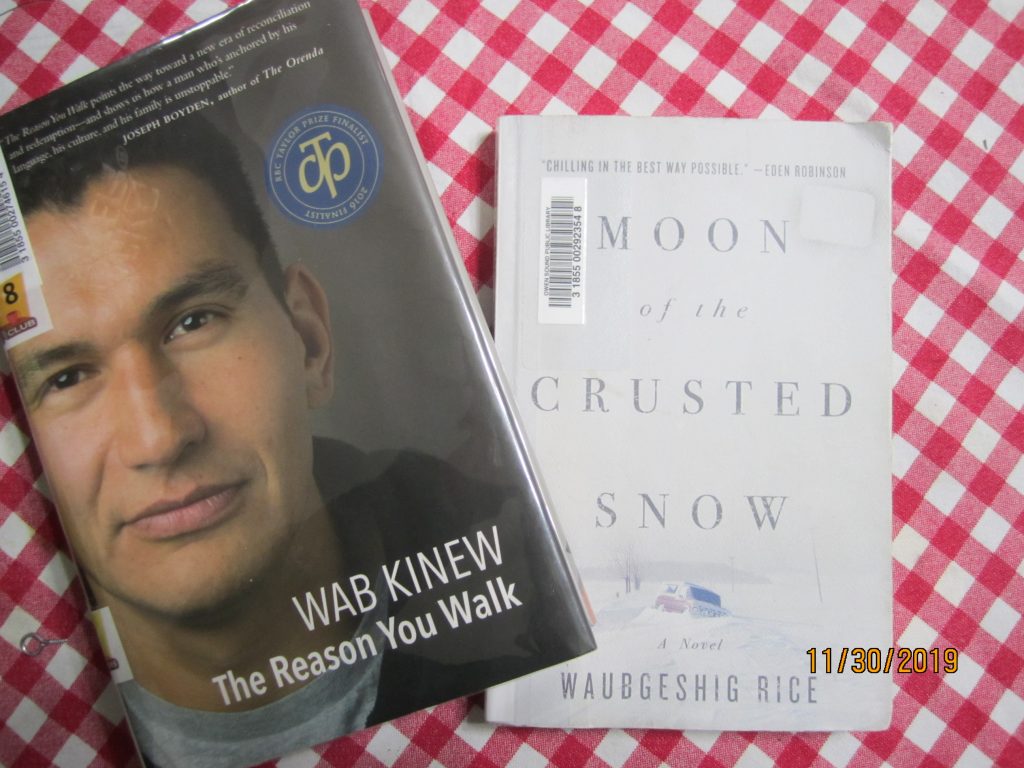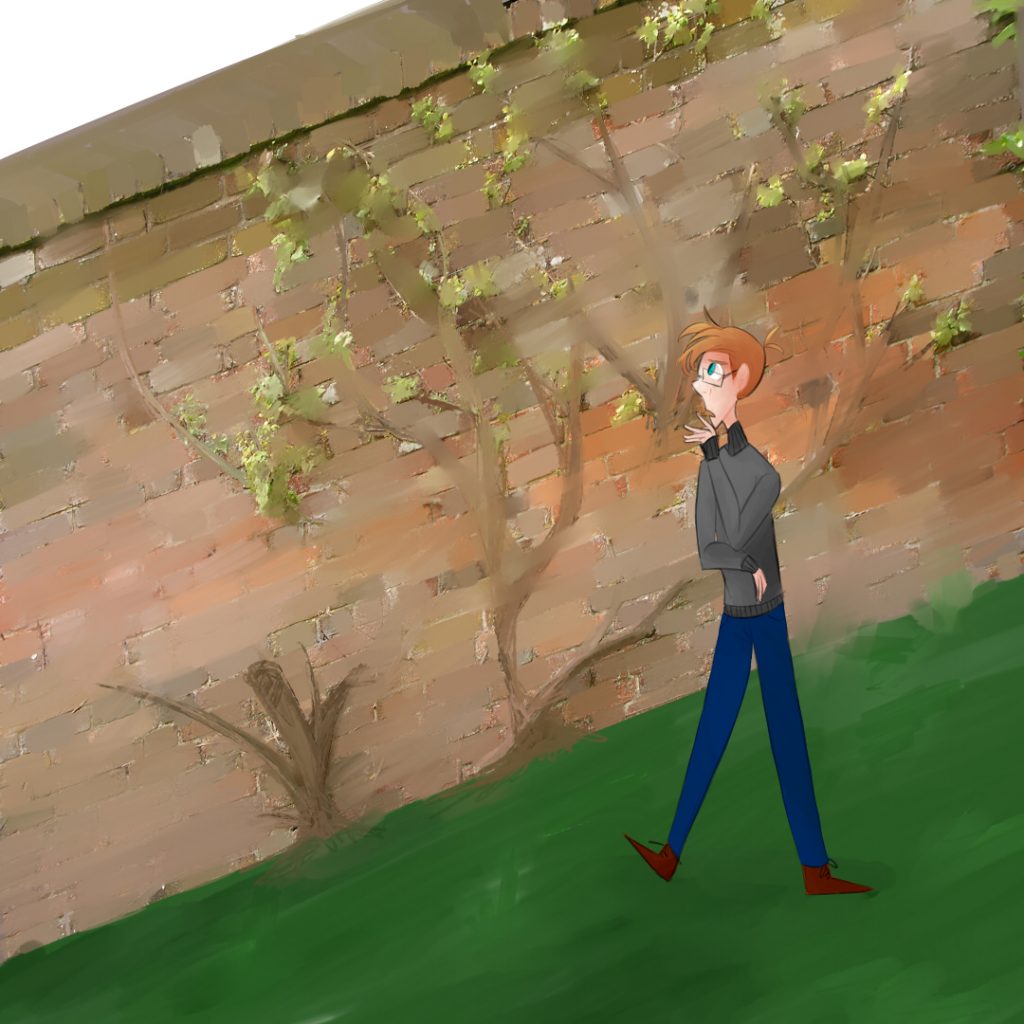
When I was raising my kids, they had a lot of tantrums. “The books” said to look for triggers, such as transitions. Does your child have trouble with transitions? Not only did my child have trouble with transitions, I realized I too had trouble with transitions. Certainly, not to the same extent, but “changing gears” for me took an extra push, an extra effort. And this showed up in my writing routine.
When I’m writing a first draft, there is a perpetual motion forward, of keeping the fire burning and just going. But now I’m editing and fine-tuning what is to be my final draft–except for some copy editing. I’m working on getting the rhythm and pacing of my plot, sub-plots and character arc, perfected. It’s an exciting time as I’m closer than I’ve ever thought to getting the story right, getting the rhythm right. I can go back and fix the prose, but getting the structure nailed down is vital.
Read more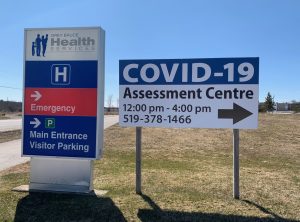
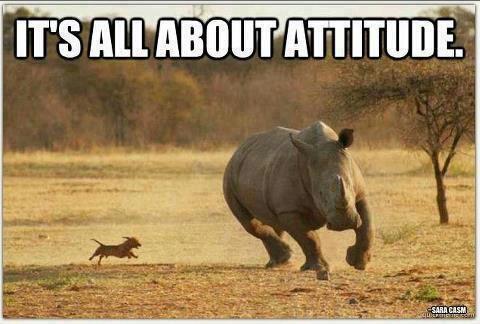
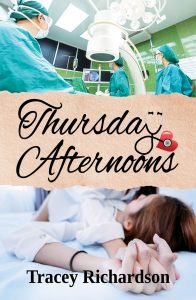 Do you roll your eyes when someone says they read or write romance novels? Do you find yourself thinking or saying that romance novels are second rate? That they’re nothing but fantasy, that they have nothing to do with the “real world”, that writers who write them are second rate and readers who read them have boring, unimaginative lives?
Do you roll your eyes when someone says they read or write romance novels? Do you find yourself thinking or saying that romance novels are second rate? That they’re nothing but fantasy, that they have nothing to do with the “real world”, that writers who write them are second rate and readers who read them have boring, unimaginative lives?

